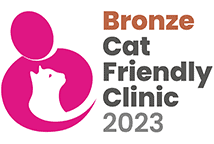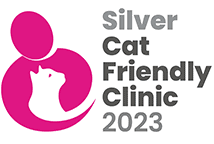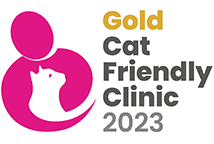Guinea pigs are social creatures in the wild, that live in large groups, so need to be housed with a companion.
Although many people think that rabbits and guinea pigs make good companions, there can be problems with mixing these two species, so they should never live together. Problems include bullying and spread of disease.
Housing
Guinea pig housing can be indoor or outdoor, but it is important to make sure they have the following:
- Large enclosure to run around
- Areas to hide and scavenge for food
- A deep layer of bedding
It is also important to make sure the enclosure isn’t in a really sunny spot or next to a radiator as too much heat can cause problems with heat stress.
Feeding
Guinea pigs are herbivores meaning they only eat plants and spend lots of their day searching for food in the wild. Ensuring they get the right nutrients is very important. The table below summarised do’s and don’ts for guinea pig feeding.
| DO | DON’T |
| Provide a constant supply of good quality hay or fresh grass – this should make up 80% of the diet | Give a commercial muesli – they will eat all the sweet treats and leave behind the bits that contain fibre, which can cause problems with their teeth and guts |
| Give a teaspoon of commercial pellet food per day per guinea pig | Feed potatoes, tomato leaves or rhubarb leaves |
| Supply a cup of fresh leafy greens as they are a great source of Vitamin C e.g. broccoli, cabbage and spinach | Feed lots of carrots – they are very high in sugar and should be only given as a treat |
| Provide constant access to fresh, clean drinking water from a water bottle with a metal spout | Feed lots of dandelions – they are ok in moderation but can cause an upset tummy |
| Make feeding fun – hay balls or tunnels, gnawing toys, paper bags filled with hays, and scattering treats and pellets in their hay | Introduce or change foods suddenly – this can result in an upset tummy, so new foods must be introduced slowly |
Vitamin C is a really important part of a Guinea pigs diet, as, like humans, they cannot make their own. Good quality guinea pig pellets will include vitamin C, but it is important to provide vegetables that are rich in vitamin C too e.g. leafy greens (as above), peppers, asparagus, parsley and kale. You can also get supplements to add to your Guinea pig’s drinking water.




